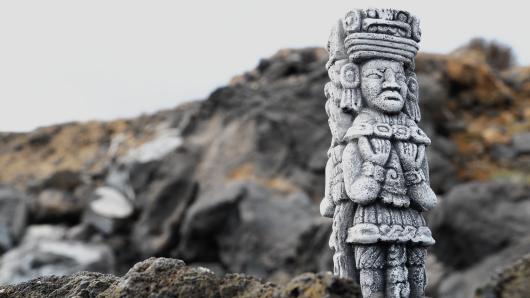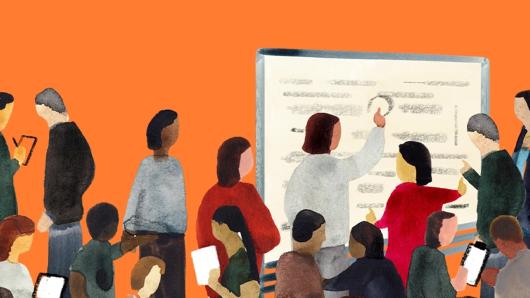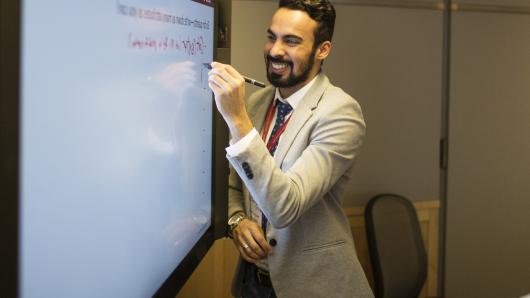Course description
What happened in the past, and if and how we should remember it, is hotly contested. What is our degree of certainty about the past societies and cultures that historians, archaeologists, and others study today? Whose past matters? And how should we remember it? Most of the human past happened in prehistory. This course emphasizes material remains, which are studied primarily by the tools of archaeology. We start with basic questions such as: what is left of the past? How do we find these remains, and how can we know how old they are? Students explore how the past is created in, and sometimes for, the present; how history and archaeology have been used to advance imperial and colonial agendas; and how nations have used the same tools to create their own postcolonial identities. Course readings present a general background, while synchronous meetings present case studies. Students interact with 3D artifacts, web maps, experiments, and other digital methods. After completing this course, students recognize claims made about the past and toward what ends, are able to assess their validity, and understand why the past matters today and for the future.





